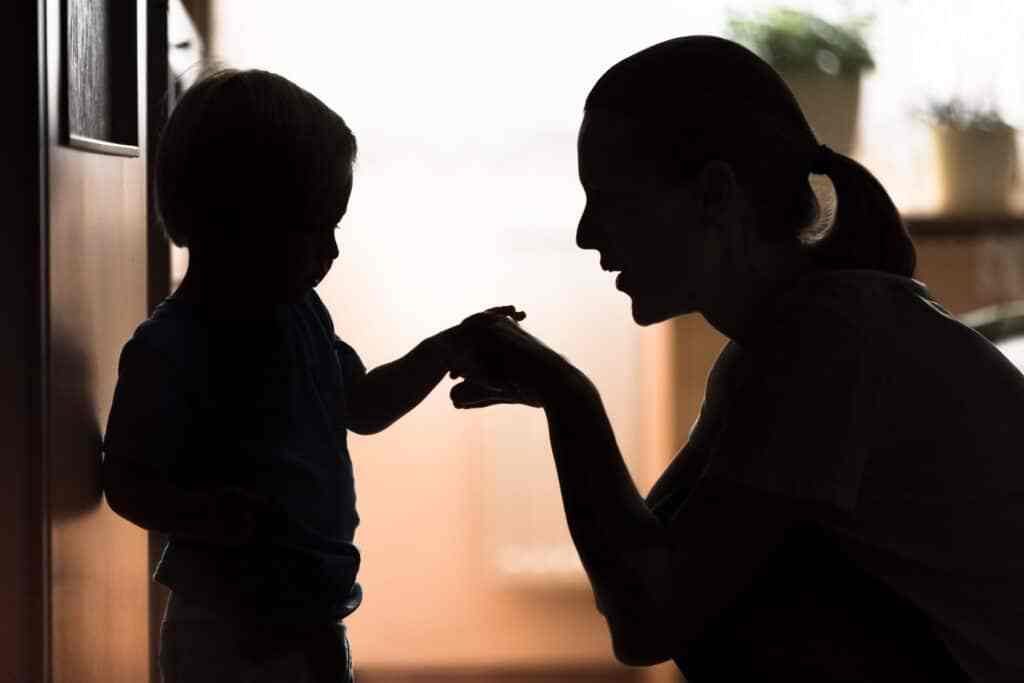ASTANA – The Mazhilis, a lower house of the Kazakh Parliament, approved legislative amendments to promote the safety of women and children and prevent crimes against them in the first reading at a Feb. 21 plenary session, reported the Mazhilis’ press office.

Photo credit: Women’s Agenda
The amendments impose stricter penalties for crimes committed against minors and enhance measures to safeguard the rights of women and children.
The changes exclude the option of restricting freedom in cases of torturing a minor or a helpless individual. Now, imprisonment is considered as the sole punishment.
Life imprisonment becomes a non-alternative punishment for the murder of a minor or acts of pedophilia.
The legislation reinstates criminal liability for causing minor harm to health, with penalties including fines of up to 200 monthly calculation index (MCI), equivalent to $1,631, or community service for up to 200 hours or 50 days of arrest.
Assault carries penalties of fines up to 80 MCI (US$652.42), community service for up to 80 hours, or 25 days of arrest.
Courts are empowered to mandate psychological assistance in medical organizations for persons who commit administrative or criminal offenses against minors or in the field of family and household relations.
In addition, authorized agencies have been given the ability to promptly respond to media reports in order to identify and address cases of violence.
Incitement or inducement to suicide is proposed to carry a prison sentence of five to nine years, with a new criminal liability introduced for promoting suicide, punishable by a fine of 200 MCI (US$1,631).
Administrative liability is introduced for bullying and cyberbullying of minors, with a penalty of a fine of 10 MCI (US$81.55).
The amendments introduce criminal liability for sexual harassment of children under 16 years of age.
The changes propose measures to ensure the safety and protection of children, including the opening of family support centers in each district, the deployment of mobile groups for early identification of families in difficult life situations, the creation of a 111 contact centers to provide psychological and other assistance, and the development of programs to help minors who have been subjected to violence, abuse, and bullying.
Following its approval in the Mazhilis, the law proceeds to the Senate for consideration and, if approved, to the President for signing.
State Counselor Erlan Karin highlighted that the law offers a comprehensive approach to addressing domestic violence, aligning with President Kassym-Jomart Tokayev’s state-of-the-nation address.
“Overall, the law encompasses more than 70 amendments to legislation. These include creating an infrastructure to assist families and imposing penalties for household crimes and all forms of violence against children,” Karin wrote in his post on Telegram.
“The legislation was collaboratively drafted by deputies, government bodies, experts, and public organizations. Dinara Zakiyeva, the Commissioner for Children’s Rights, played a significant role in its development and advocacy,” he wrote.
